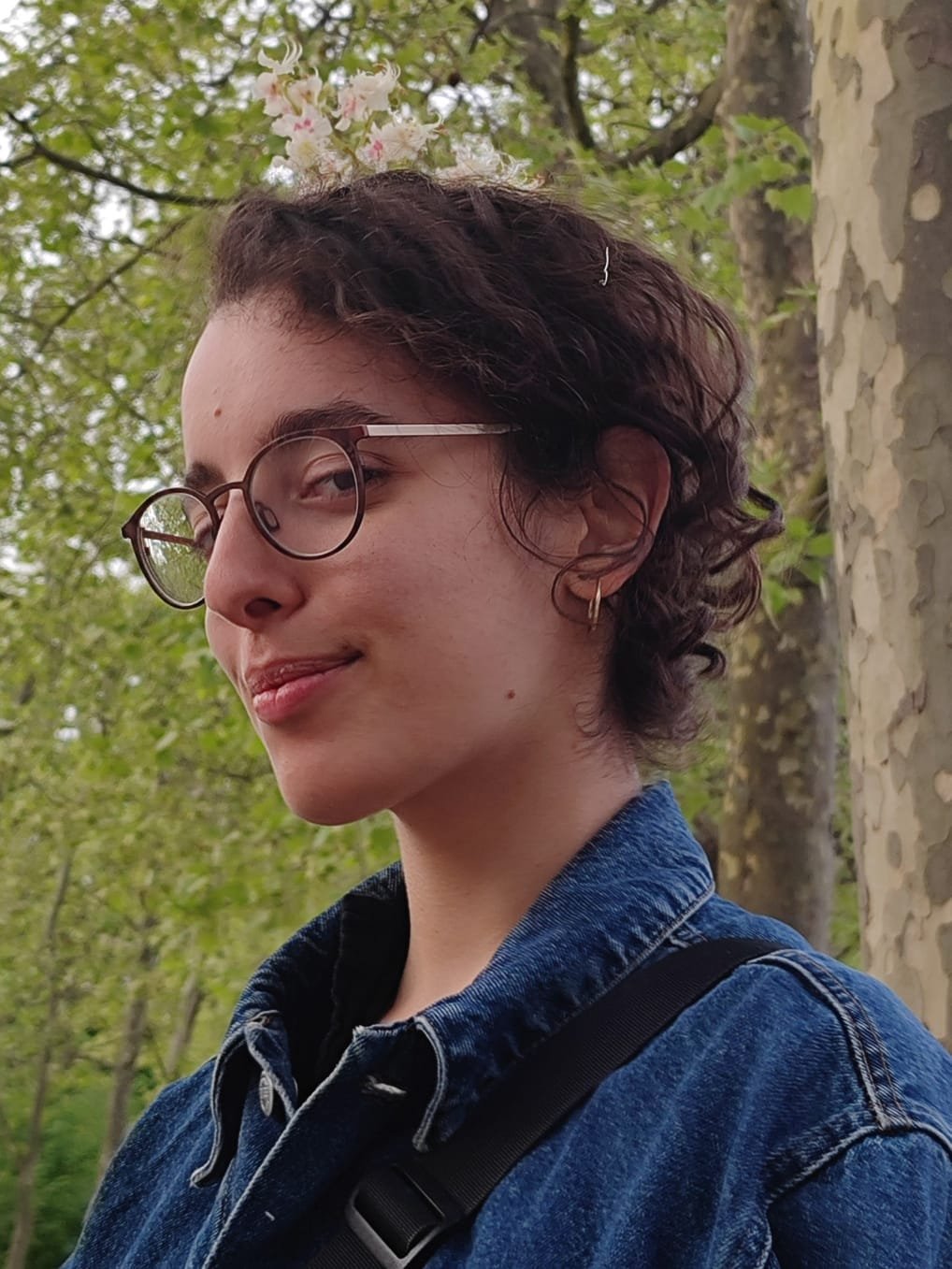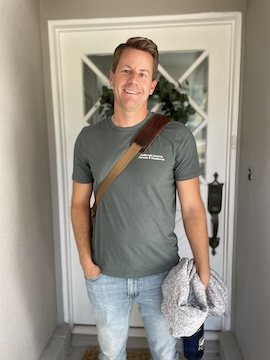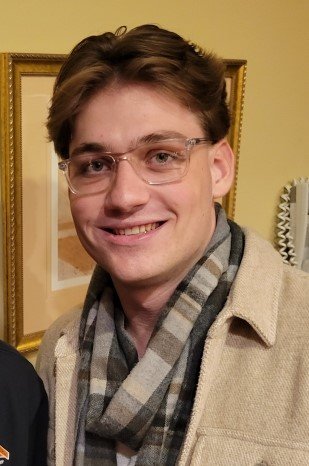“Reading Old French”
Mediterranean Studies Summer Skills Seminar
15-18 July 2024 • Remote
The Summer Skills Seminar, “ Reading Old French” will be held via Zoom from Monday, 15 July to Thursday, 18 July 2024 from 10am to noon and 1pm to 3pm MDT.
Course access
Please download and import this iCalendar (.ics) file to your calendar system.
Zoom link: https://cuboulder.zoom.us/j/94821111341
Meeting ID: 948 2111 1341
Passcode: OldFrench
Proposed Program
Monday, 15 July 2024
10am—noon & 1—3pm
1. Introduction. Old French grammar, dialects, and literature.
2. Marie de France’s Anglo-Normand
Tuesday, 16 July 2024
10am—noon & 1—3pm
1. Trouvère lyrics
2. Chansons de geste
Wednesday, 17 July 2024
10am—noon & 1—3pm
1. The Old French of Chrétien de Troyes
2. Prose romance
Thursday, 18 July 2024
10am—noon & 1—3pm
1. Vernacular hagiography and religious texts
2. Didactic texts from (in particular) the Latin Orient
Faculty
The course will be conducted by Prof. Charlie Samuelson (Dept. of French and Italian, University of Colorado Boulder), a specialist of medieval French literature. His research uses close textual analysis and looks to both medieval learned culture and modern theory to take to task entrenched notions about the gender and sexual politics of medieval texts. His monograph, Courtly and Queer: Deconstruction, Desire, and Medieval French Literature appeared in 2022 with the Ohio State University Press. He is currently working on a new project about representations of sexual consent in medieval French literature and culture.
Participants
Neilia Dollar Landsmann
(Medieval History, Tel Aviv University)
I am pursuing my M.A. in Medieval History at Tel Aviv University under the guidance of Prof. Gadi Algazy. I am currently in Paris as part of a year-long distinguished student exchange program with Sciences Po. My research delves into the relationship between language and power within vernacular legal contexts. This exploration stems from my ongoing interest in the intersections and overlaps of language and social boundaries,
mainly as manifested in confrontational dynamics. This interest sparked during my undergraduate studies, in which I majored in two different disciplines, European History and Generative Linguistics. Trying to bridge the evident gap between these fields, I was led to questions regarding how we define the boundary between one linguistic entity and another and what cultural mechanisms are at play in the process. Addressing this interest from a different angle, I have engaged with anthropology and oral history, gaining experience in conducting interviews and analyzing transcribed texts.
Valentin Duquet
(Modern and Classical Literatures and Cultures, Rice University)
Valentin Duquet is a Lecturer in the Department of Modern and Classical Literatures and Cultures at Rice University. He graduated in 2023 with a PhD in French Studies from the University of Texas at Austin. He researches 19th- and 20th-century French and Francophone literature, in particular the work of Émile Zola as well as settler colonialism in French Algeria. His articles have been published in journals like French Forum, Excavatio, and Contemporary French and Francophone Studies. He is currently working on a book project titled Misfits and Mystics examining space and religion in Algerian colonial literature. At Rice, he teaches across the curriculum, including a survey seminar in the Fall of 2024 on texts from the Middle Ages to the French Revolution.
Paula Hensley
I am interested in orthographic and phonologic shifts in ancient Greek dialects, with particular focus on the poetics of epic and archaic verse. Analysis of the metrics of oral song, memorialized in written form and preserved through various medieval manuscript traditions, yields, for me, an appreciation not only of its beauty and enchantment, but also of its associative relevance to the field of historical linguistics. From my understanding Old French, while rooted in Latin, reflects composites or adaptations of localized speech and vernacular. As such, it presents a rich resource for the study of transition in language, oral and written, while also introducing to me a new poetic and cultural landscape for consideration.
Konrad Herath
(French, Middlesex School)
Konrad Herath is residential faculty in French at Middlesex School in Concord, Massachusetts. He received a B.A. in French Studies summa cum laude from Boston University and an M.A. in French Studies with a graduate minor in Medieval Studies from the University of Minnesota. Konrad maintains interests in the multiliteracies second language acquisition approach, 17th century French theatre, German, Old Norse, and New Criticism.
Anne Le
(Medieval Institute, University of Notre Dame)
Anne Le is the Public Humanities Postdoctoral Fellow at the Medieval Institute of the University of Notre Dame. She earned her PhD in French and Francophone Studies from the University of California, Los Angeles. Her research focuses on the representation of religious conversion in twelfth- and thirteen-century Old French literature. In her work, she considers cross-cultural encounter and community formation. Dr. Le is also interested in medievalisms as a heuristic for engagement with questions about contemporary issues of identity. Her work has appeared in Comitatus and boundary 2.
Anna Navrotskaya
(Hillsdale College)
Dr. Anna Navrotskaya teaches classes in French language, literature, theater, and history at Hillsdale College, MI. She holds her Ph.D. in French and Francophone Studies from the Pennsylvania State University, and her M.Phil. in European Literature (with specialization in French and Russian) from University of Cambridge, UK. Her recent published and submitted articles address questions on contemporary staging practices and self-perception. Her research interests include theater studies, community and intercultural theater, medieval topics in film and theater.
Xiaoli Shirley Pan
(History, Rutgers University)
I am a current rising second year in the Rutgers History department where I study the medieval healthcare system and social responsibility towards aging and disability. I have a multidisciplinary background training in religious studies, art history, and history, and aim to bring all three disciplines together in my research. I am also interested in medical humanities and current bioethical issues in the healthcare industry today. I aim to bring historical attitudes and treatments of illness towards elucidating contemporary issues within healthcare. Currently I am working on deafness as a case study for medieval disability, in order to assess how sensorial impairments were stigmatized in the Middle Ages.
Danielle Pigeon
(History of Art, Bryn Mawr College)
Danielle Pigeon is a third-year Ph.D. student in the History of Art program at Bryn Mawr College in Bryn Mawr, Pennsylvania. She received a B.A. in history of art from Bryn MawrCollege in 2019, and earned her M.A. in art history from Southern Methodist University in 2021 with her thesis titled As Above, So Below: Italian Amuletic Practices Following the Black Death. Her current research interests include the material culture of medieval queenship and female nobility, sartorial bodies and dress history, amuletic objects, and practices of gift-giving andmaterial exchange in the courts of fourteenth- and fifteenth-century Europe, with a particular focus on French and Burgundian courts. Danielle is currently in the process of completing her second M.A. thesis as part of the Ph.D. curriculum at Bryn Mawr College. In her spare time, Danielle is an avid practitioner of historical European martial arts, and is a proficient fencer in fifteenth-century German and Italian longsword, dagger, and rapier.
Erica Potterton
(English, University of Connecticut)
Erica Potterton is a PhD student at the University of Connecticut. Her studies focus on Anglo-Saxon, Norman, and Anglo-Norman literature and Ecocriticism.
Benjamin Tilson
(Comparative Literature & Languages, University of California, Riverside)
Benjamin Tilson is a Ph.D. student in the Department of Comparative Literature and Languages at the University of California, Riverside. He holds an M.A. in French (2021) from Middlebury College and a B.A. in Intercultural Studies (2010) from Houghton University. His scholarly interests center around language and culture contact, focusing largely on the study of French and francophone languages in the Western hemisphere. His work looks at the intersections and interventions of sociolinguistics, Indigenous studies and aesthetics in the field of French and Francophone studies.
Manolis Ulbricht
(Medieval Institute, University of Notre Dame)
Manolis Ulbricht is a Marie Curie Postdoctoral Fellow at the Medieval Institute of the University of Notre Dame. His EU-funded project “Documenta Coranica Byzantina (DoCoByz). Byzantino-Islamica in the Age of Digital Humanities.” He earned his PhD at Freie Universität Berlin/Germany in Byzantine Studies with a dissertation on the Coranus Graecus—co-supervised by Angelika Neuwirth—preparing a Greek-Arabic synoptical edition with commentary and glossary of the first translation ever of the Qur’an accomplished into Greek in the 9th century CE. His research focuses on Christian-Muslim relations from the 7th–12th century, especially the diachronic reception the Qur’an and transfer of knowledge on Islam in Byzantium.
Manolis Ulbricht spent two years in Damascus for Qur’anic studies and several years in Greece for manuscript study, including Mount Athos. He was researcher and visiting scholar at the Chairs of Byzantine Studies in Berlin and München, the National University of Athens and National Hellenic Research Foundation, and research fellow at the Institute of Arabic and Islamic Studies in Göttingen. His interdisciplinary research approach is based on the cross-road of Greek and Arabic philologies, Byzantine Orthodoxy, Muslim theology, and Eastern Christianity, paleography and codicology, digital humanities as well as Byzantine hymnology and music theory of the Eastern Mediterranean (maqām).
Jack Walker
(French, Hillsdale College)
I am an undergraduate French student at Hillsdale College. I have studied French since I was in my junior year of high school and have a broader interest in languages in general. However, I have very little formal linguistics study, and would love to study it further when I graduate.














